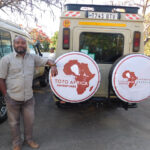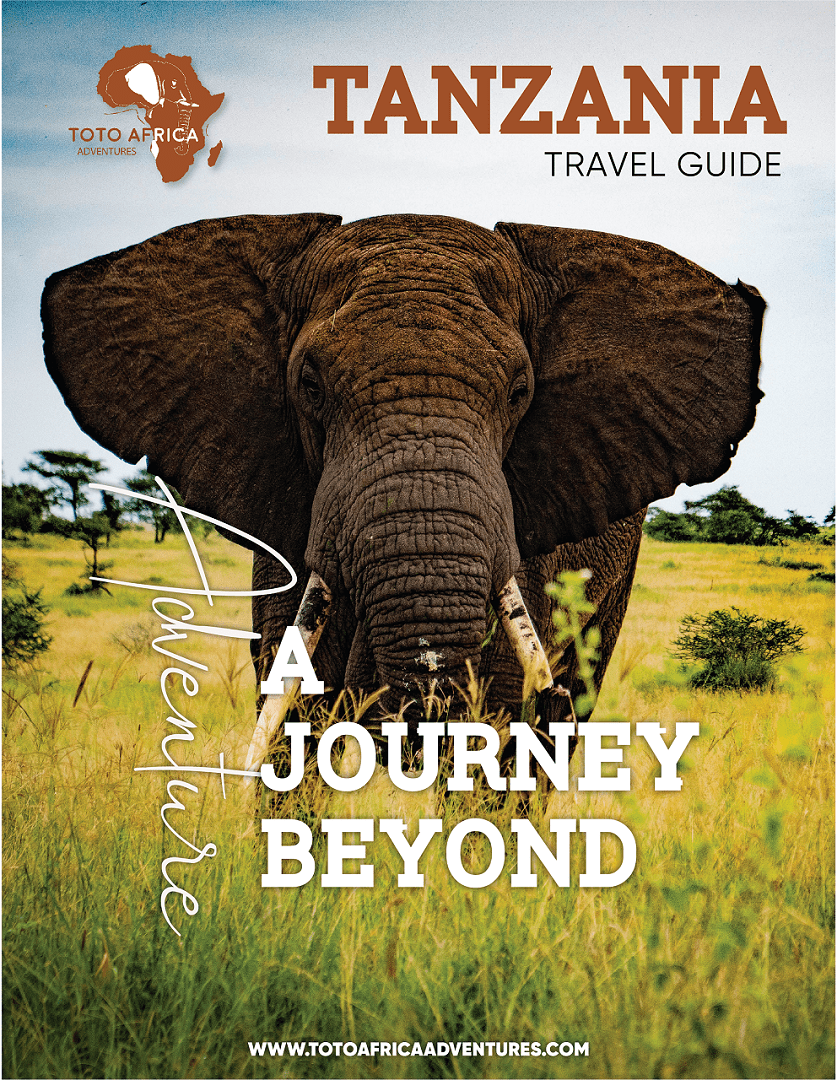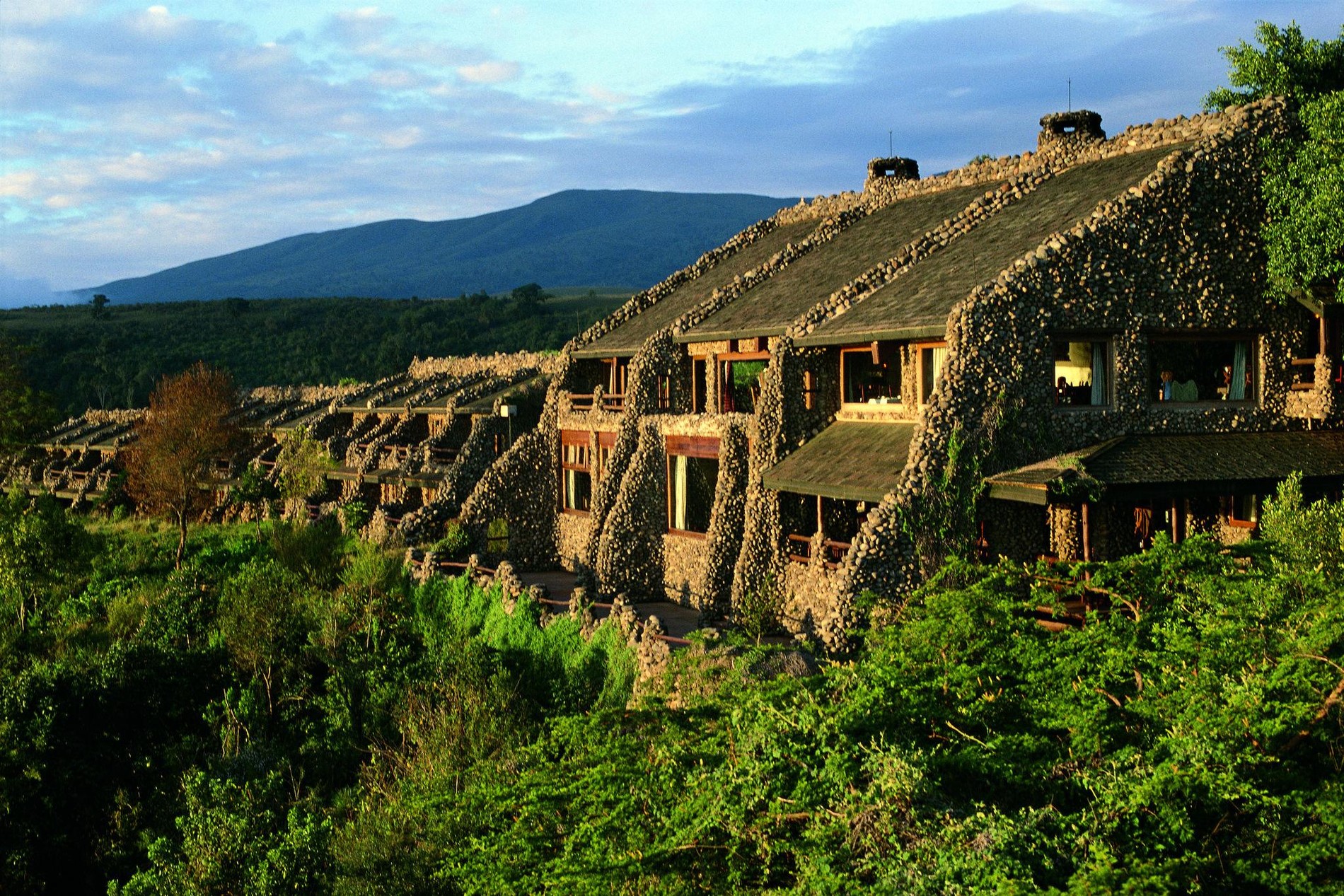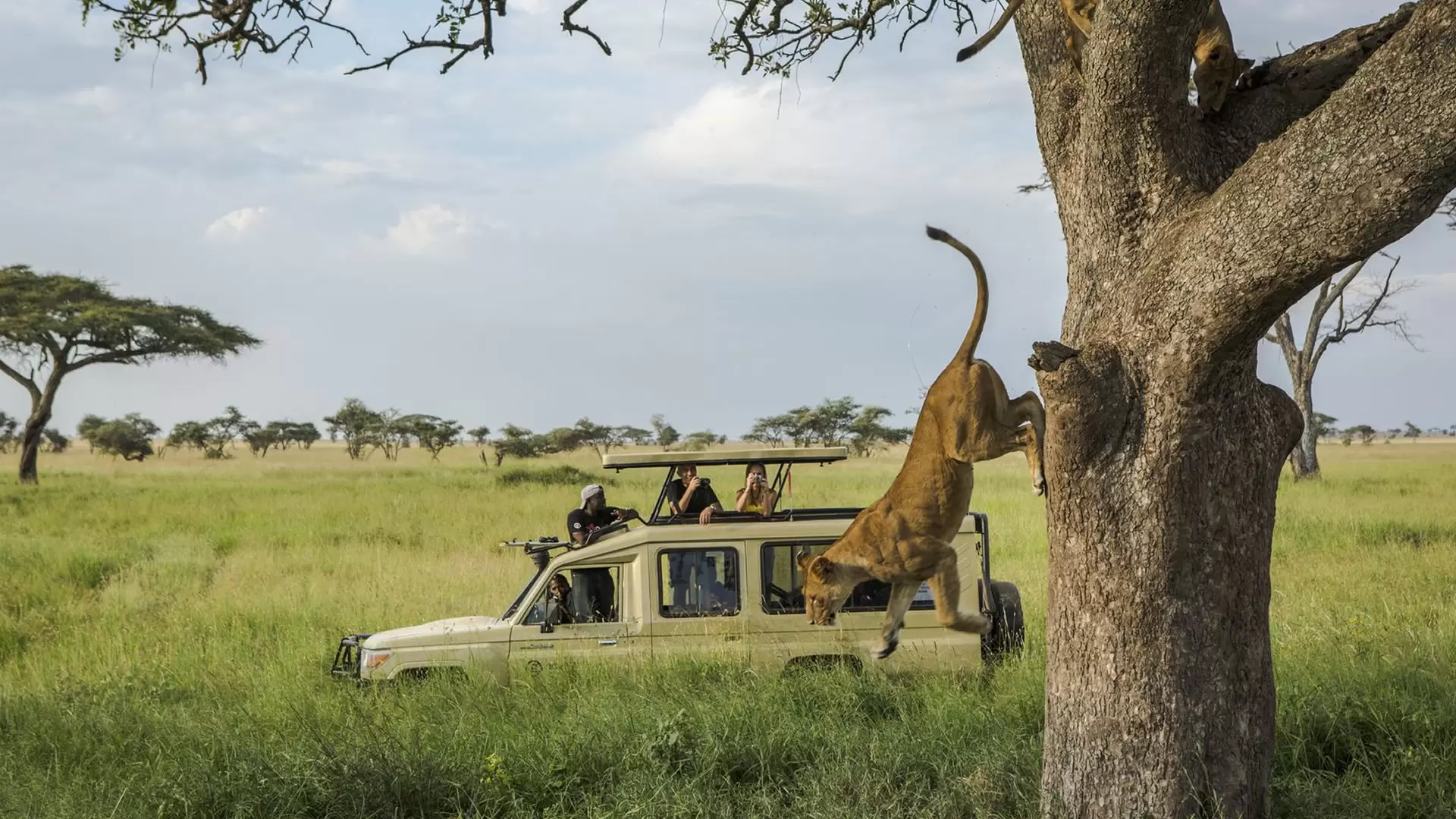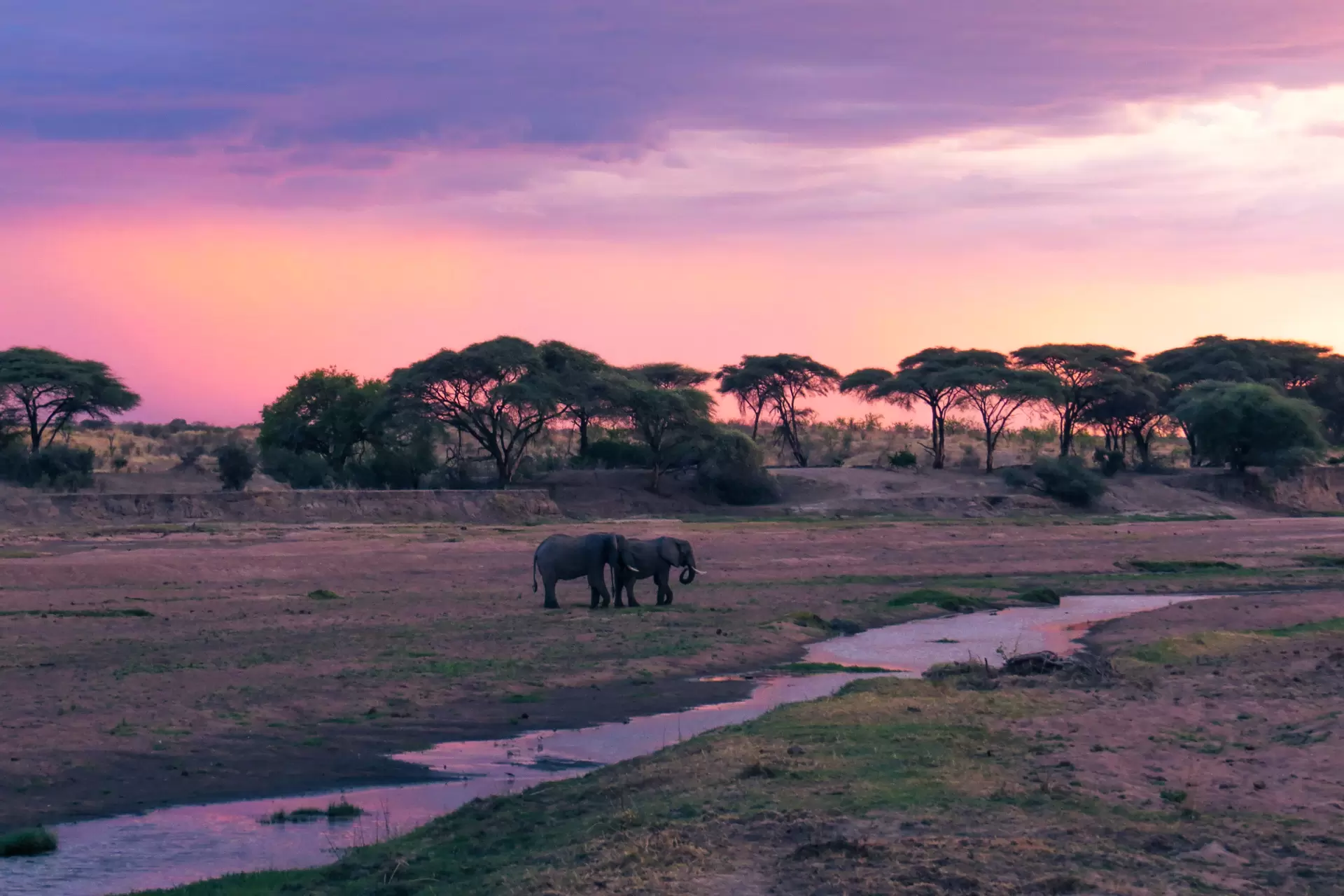Which vaccinations and medicines do I need to visit Tanzania?
Prior to travelling to Tanzania, you must get the necessary vaccinations to enter the country. Visiting your health centre, six weeks’ prior is advisable. Below are the vaccinations you are recommended to have, subject of course to what the health centre or vaccination clinic advises:
COVID-19
All visitors to Tanzania must take a PCR test in the 96 hours before their departure to Tanzania and be able to show that the test was negative. On arrival in Tanzania, all visitors must take an antigen test, at a cost of $10. The cost for those arriving in Zanzibar is $25. For more information on the type of test required, please see the Tanzanian Government’s Travel Advisory.
In the 24 hours before their arrival in Tanzania, all visitors are required to complete online the Traveller’s Health Surveillance Form. There is one form for those arriving to the Tanzanian mainland and another for those arriving in Zanzibar.
Hepatitis A
Vaccination against Hepatitis A is recommended for all travellers to Tanzania, unless you have already been vaccinated and your vaccination is still valid. Note that there are many ways in which to contract this viral infection, including person-to-person contact, consumption of fruit, vegetables and uncooked foods, or from contaminated water, ice or shellfish.
Hepatitis B
A vaccine against Hepatitis B is recommended for all travellers to Tanzania. This is particularly so if you feel you might have any exposure to any blood or body fluids, be engaged in sexual activity with locals, or be likely to be exposed through medical treatment during your stay.
Rabies
Advisable if you are likely to be spending significant time in remote/rural areas. This is particularly advisable if you will be camping or doing a lot of cycling or hiking.
Typhoid
Drinking contaminated water or eating contaminated food can lead to the consumer contracting typhoid. You are also at risk from infected people who have handled your food and drink. You can minimise the risk by avoiding food sold by street vendors and by drinking only bottled or purified water. A typhoid vaccine is nevertheless strongly recommended for all travellers to Tanzania.
Yellow fever
A vaccine is essential for all travellers arriving from a yellow fever infected country and you must be in possession of a valid yellow fever vaccination certificate. Note that this includes if you are arriving from Kenya, or if you spend 12 hours or more there just transiting through the airport. A full list of relevant countries is shown here.
Malaria
East Africa is a high-risk area for malaria, both in the cities and remote areas. The good news is that Kilimanjaro is too cold at altitude for the mosquito which carries malaria, and it rarely ventures above 1200 metres. Of course, during your time in Tanzania, you will spend time at lower altitudes while on your way to and from your climb. You may even be combining the climb with a safari or some downtime in Zanzibar.
Those are the times when you are at risk. There is no vaccination against malaria, and the best way to protect yourself is to not get bitten in the first place. Wear long-sleeved shirts, long trousers and hats, use mosquito nets when sleeping and use insect repellent with 30% DEET, especially in the evenings when the malaria-carrying mosquito is active.
Your doctor will be able to advise on a suitable course of anti-malarial drugs courses, which must be started well before you travel – so consult in good time! The course involves taking tablets regularly, it must be completed and will continue for some time after you return home. Common drugs that may be prescribed include atovaquone/proguanil, doxycycline, mefloquine or primaquine.

